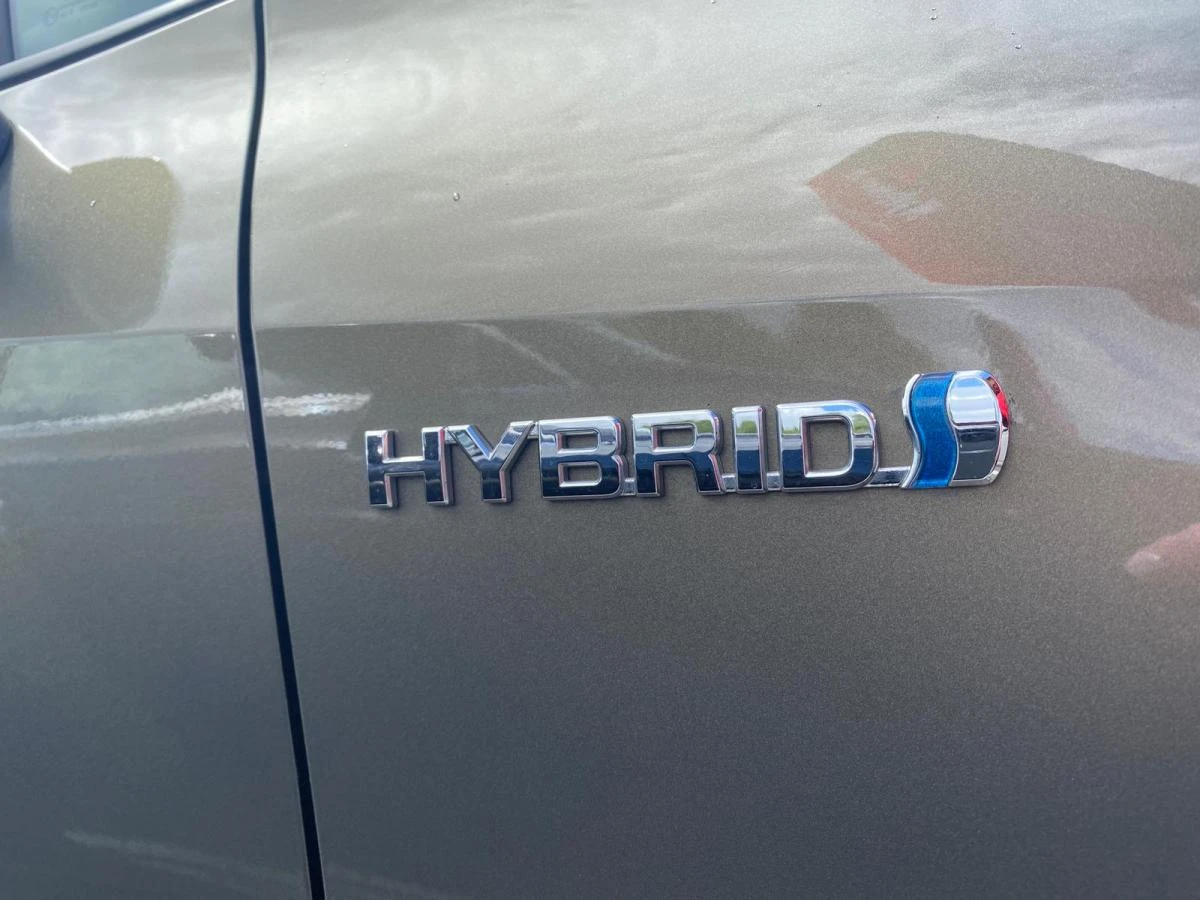World Environmental Day 2021: Everything you need to know about HYBRID CARS

World Environmental Day 2021
Hybrid cars have gained much attention over the last couple of years. This is for the obvious reason that they are an all-around better car for the environment. A lot of you may not actually know much about Hybrids so we thought we should answer a few questions. What are hybrid cars? How do they work? Which one will suits you best?
What is a
hybrid car?
As the name proposes, a hybrid car is a combination
of two types of vehicles – an electric vehicle and a traditional fuel-powered
vehicle. There are 3 types of hybrids:
1.
A Full Hybrid (FHEV) can run on
the electric engine, the fuel engine or a combination of both. The Toyota Prius
is a perfect example of a FHEV. A full hybrid is never plugged in to charge as
the battery is recharged by running the fuel engine.
2.
A Mild Hybrid (BAHV) has an
electric motor and a fuel engine which always work together. The Honda Accord
Hybrid is the most well-known example of this. Most mild hybrids cannot run in
just electric or just fuel engine mode – the engine and motor always work in
parallel.
3.
A Plug-In Hybrid (PHEV) can run
on the electric engine, the fuel engine or a combination of both. As the name
suggests, a plug-in hybrid must be plugged in to recharge its battery fully.
When it comes to charging your electric vehicle or your
PHEV. You can install a charge point at home or use a public charge point. ESB
owns, operates and maintains approximately 1,100 public charge points across
Ireland and offer membership prices at a reduced rate for those who need to use
these chargers regularly. PHEV’s take roughly 3 hours to charge on a standard
7.2kW home charger.
Why should
you choose a hybrid car?
We recognise that there is an endless
list of factors that come into play when deciding on which car to buy. It is a difficult
task to find the right car for you, and even more difficult to determine which
features of said cars are most important. Hybrid cars are becoming more and
more popular due to the features they offer drivers, this means drivers aren’t
just settling for that one feature they love in a car they are receiving many
from Hybrid’s. Hybrid cars are attractive to drivers as they use a combination
of petrol or diesel engine with an electric motor. This is the best of both
worlds for a driver. Immobilisers are
added to the hybrid cars to make them more secure along with the screens being
changed to show the driver how secure these cars can really be and to dimmish
bad perceptions.
There
are many benefits to purchasing a Hybrid;
One of the main reasons to base the
purchase of your car on fuel efficiency is that you are getting more bang for
your buck! Hybrid cars will guarantee savings on fuel. Your fuel costs will be
reduced massively, and diesel cars, in particular, are more frugal and can even
cover distances of more than 80 miles on one gallon of fuel.
Choosing
a fuel-efficient car is important and the weight of the car is the biggest
factor that comes into play, bigger vehicles have tendency to offer lesser
mileage, we advise you to opt for a vehicle which best suits your needs as a
driver.
Range anxiety is not an issue,
and you don’t need to a charging point because hybrids charge up their own
batteries.
The production of Greenhouse gases
will be reduced by more and more people purchasing Hybrid cars. Gas- and
diesel-powered cars produce Greenhouse Gas Emissions (GHGs) which release CO₂
gasses. You look around, and you think, I can't see it and the effects are not
instantaneous, so it's not there, but it is. CO₂ gasses are contributing to
Climate Change daily, and a simple fuel-efficient vehicle like the Toyota Prius
c Two, or Fuel Cell Vehicle (FCV) could be the ultimate decider between a
healthy or dying climate.
Reduced Foreign Oil Dependence. In
2014, the US paid $116 million for foreign oil which primarily comes out of the
Middle East. One-quarter of the oil we use to fuel our vehicles is imported
from other countries. By controlling our use of petroleum, we can prevent the buying
of foreign oil and save massive costs for both ourselves and our country in the
long run.
Less Air Pollutants. Most of the smog
and harmful particulates emitted into the environment come from highway
vehicles and the vehicles on the road are increasing every year. Since this
continues to be a problem with every car on the road, choosing an FCV could be
the best option for reducing air pollutants. While they do burn fossil fuels,
which do somewhat cause harm, the emissions are much less harmful to the
environment.
Increases Energy Sustainability. Oil
is a non-renewable source, and we are running out faster than we think. Cutting
back on the oil when it comes to cars will give our scientists time to find
renewable alternatives that allow for better fuel efficiency and less
environmental risks. Hybrids and electric cars are the way to go, while
expensive outright, you're still going to be saving in the future.

